Every one of the contributing writers to The Uncaged Voice — Stories by Writers in Exile has escaped arrest and torture in countries where freedom of the press and expression is more aspirational than realized.
Turkish Canadian journalist Arzu Yildiz, started the book project and wrote a chapter about her precarious career as a journalist in her home country, and in Canada.
Yildiz fled to Canada in 2016 as a refugee because of the response to her critical pieces; she sought asylum after she was threatened with arrest and torture. Even in Canada, she still faces difficulties and fights against injustice and racism.
“When I made this project and shared it with the contributing authors, they did not intend to make money,” Yildiz told NCM. “It’s all about uncovering the truth. We have to reveal our true life.
“We came from different countries of the world, but we are like parts of a big picture of humanity. It also shows the importance of journalism.”
Keith Ross Leckie, one of the book’s two editors, has been working with the refugee journalists from the beginning. Leckie said the anthology’s writers convened at Romero House, a refugee shelter in Toronto, to discuss their writing. Many of their personal stories detailed the struggles of oppressed journalists compelled to flee their countries.
“As I recall, two of the writers, Yildiz and Aaron Berhane, suggested we put together an anthology,” Leckie said. “The theme would be the oppression of journalists in countries all over the world.”
The title of the book, Uncaged, captures the idea of freedom of expression by those who had been silenced, Leckie said.
The book will be published Sept. 23 by Cormorant Books.
The journalists who contributed to the anthology — as well as many more prominent journalists — fought totalitarians and became the voice of those who couldn’t speak out.
In her chapter, Yildiz writes about escaping from Turkey, leaving everything behind and becoming a refugee in camps until she moved to Canada. She said everyone should learn about refugees and see them as humans who made enormous sacrifices to build better lives.
“The bravest people in the world are refugees and injustice is crushed by their courage,” Yildiz said. “Because being a refugee means rebelling against injustice.”
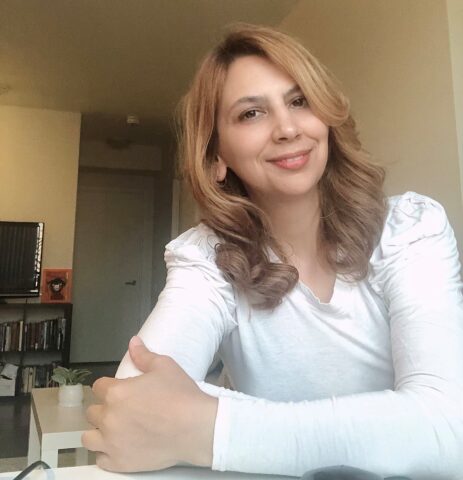
“This book is important because it helps us release our true selves, our past, our pain and the dreams we’ve kept hidden,” she said.
“Being a refugee is like passing away in one home and starting anew in another — the person we become in this new start isn’t exactly the same as the one we left behind in our old life.”
Gezahegn Mekonnen Demissie is an Ethiopian journalist and filmmaker who came to Canada in 2015 and settled in Toronto.
“Drawing from my extensive journalistic endeavors and my immersive journey across diverse cultures, a profound truth has come into focus: The remarkable capacity of humanity to unite and uplift, transcending the boundaries of race and religion,” said Demissie, who contributed to the anthology.
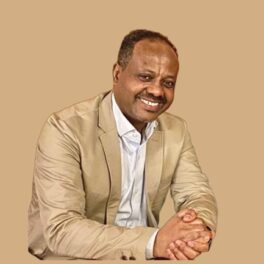
Through his work, Demissie said he tries to encapsulate the rich mosaic of Canadian society, highlighting its unwavering principles while casting a light on the fissures. He also aspires to offer a glimpse into the intricate tapestry of Ethiopia’s sociopolitical and sociocultural landscape.
“The untold narrative of Ethiopia reveals a distressing tableau,” he said. “A backdrop marred by massacres, harrowing conflicts, violations of human rights, and a draconian grip on journalists and the unfettered expression of ideas.”
Diary Marif is an Iraqi Kurdish journalist based in Vancouver, Canada. His writing has appeared in the Awene weekly, Livin, and on KNNC TV as a documentary researcher by the name Diary Khalid. Diary earned a master's degree in History from Pune University, in India, in 2013. He moved to Vancouver in 2017, where he has been focusing on nonfiction writing. He can be found on Twitter: @diary_khalid.

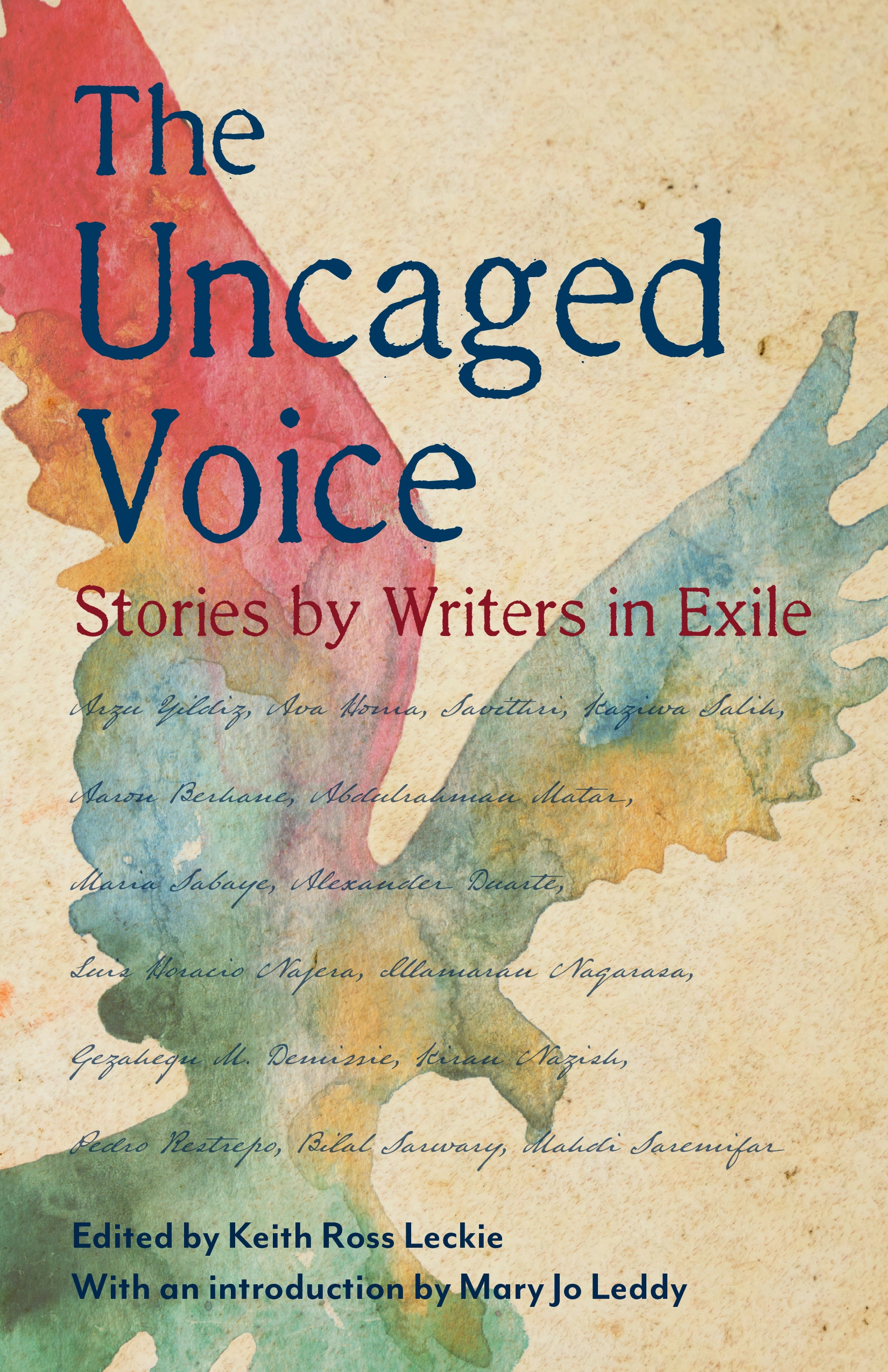
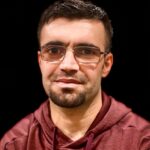
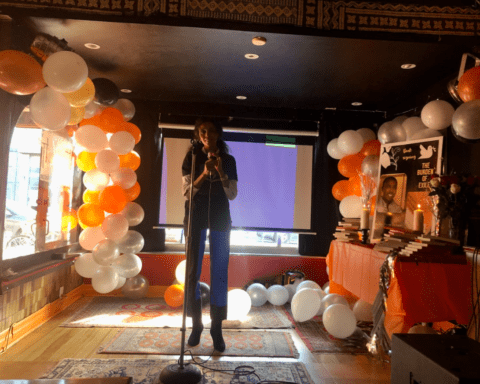
I can wholly identify with whatever is written here. Running from Uganda to Kenya and later to Canada, this is no mean fit. Its a story of resilience and determination to continue telling the story of the refugees only to become one. Indeed we everyone is a potential refugee given time and space.